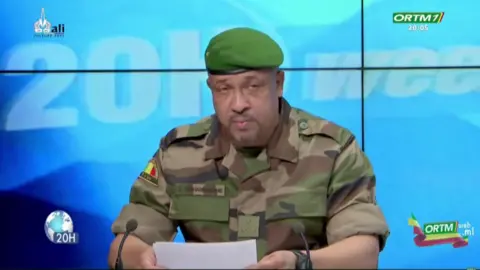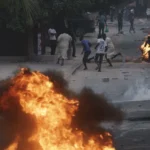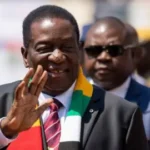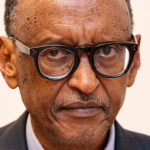In the heart of West Africa, the Sahel region has long been a battleground for various militant groups, creating instability that resonates well beyond the borders of individual nations. In a dramatic escalation of regional tensions, Mali has recently accused Algeria of complicity in supporting terrorist activities, a claim rooted in the complex geopolitical landscape marked by drone warfare.
The strained relations between Mali and Algeria have reached a boiling point following a series of high-profile incidents. The Malian government, already grappling with a fragile security situation exacerbated by armed Islamist groups, alleged that Algeria has been actively providing support to these factions, thereby undermining peace efforts in the region. This accusation comes on the heels of an uptick in drone usage by both state and non-state actors, as armed groups increasingly turn to technology in their ongoing conflicts.
Mali’s accusations are not unfounded. The country has been increasingly vigilant about the activities of groups such as Al-Qaeda in the Islamic Maghreb (AQIM) and the Islamic State in the Greater Sahara (ISGS), which have exploited the porous borders and lack of state control in the Sahel. In recent months, Mali has reported several incidents where drone surveillance, potentially sourced from Algeria, has been detected in its airspace, heightening fears of foreign involvement in its domestic strife.
The Malian authorities contend that the presence of drones in their territory is indicative of a more extensive backing regime, suggesting that these unmanned aerial vehicles are being used to assist terrorist elements in coordinating attacks against Malian forces. This dramatic turn of events reflects a broader narrative in the Sahel, where issues of sovereignty, territorial integrity, and foreign influence intermingle with longstanding regional grievances.
Algeria, on the other hand, has historically positioned itself as a stabilizing force in the Sahel, often acting as a mediator in regional disputes. The Algerian government vehemently denies the allegations, branding them as unfounded accusations aimed at diverting attention from Mali’s own security failures. Officials in Algiers argue that their military operations, particularly along the southern border, aim to combat terrorism and not to support it.
The situation is further complicated by Mali’s growing ties with Russia, particularly following its shift in international alliances following the coup in 2020. The arrival of Russian mercenaries, notably from the Wagner Group, has fueled speculation about the country’s strategic orientation, with critics arguing that this shifts focus away from constructive international partnerships. The potential for Moscow to play a role in undermining the influence of traditional powers like Algeria straddles a fine line, adding another layer of complexity to an already turbulent geopolitical context.
This unfolding drama poses significant implications not only for bilateral relations between Mali and Algeria but also for regional stability. As Islamist insurgents continue to thrive amidst government shortcomings, accusations of state-sponsored terrorism only serve to deepen mistrust and heighten tensions among neighboring countries. Diplomatic risks loom large, with the potential for conflict spilling over borders, particularly as countries in the Sahel grapple not only with internal strife but also with the international ramifications of ongoing militarization.
In conclusion, Mali’s allegations against Algeria come at a time of rising drone activity and escalating violence in the Sahel. As both nations navigate this fraught landscape, the question of who is truly responsible for fostering terrorism may remain obscured amidst the rhetoric of blame. With each skirmish in the shadows, the specter of terror continues to lurk over the Sahel, further complicating the quest for peace and stability in a region long plagued by conflict. Ultimately, only a commitment to open dialogue and regional cooperation can chart a path away from division and toward a more secure future.
Email Us on editorial@nnafrica.com













